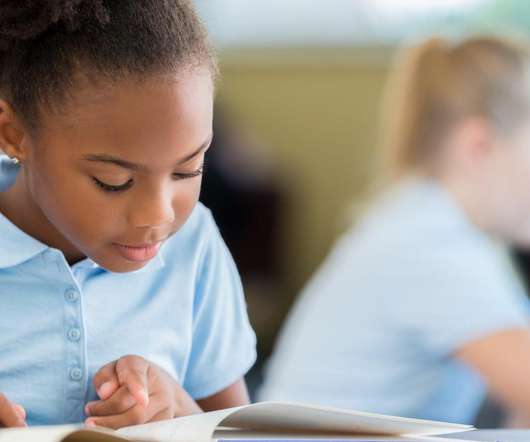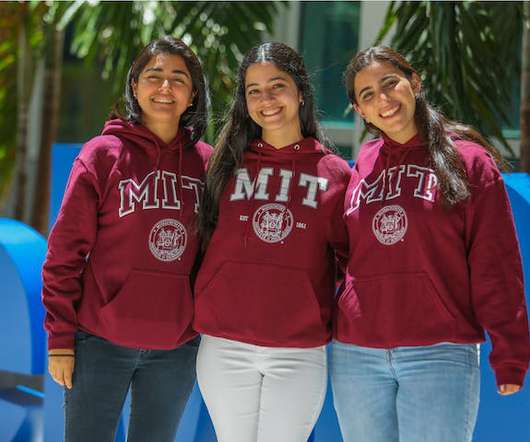4 Ways Edtech Entrepreneurs Can Earn Trust and Unlock New Opportunities With Education Customers
Edsurge
OCTOBER 23, 2023
From the earliest stages, as Pre-K parents search for activities and resources to nurture their child's growth, to K-12 schools adopting technology to improve student outcomes and operational efficiencies, the impact of modern learning tools is undeniable. They want to know that what they're investing in delivers the intended outcomes.





















Let's personalize your content